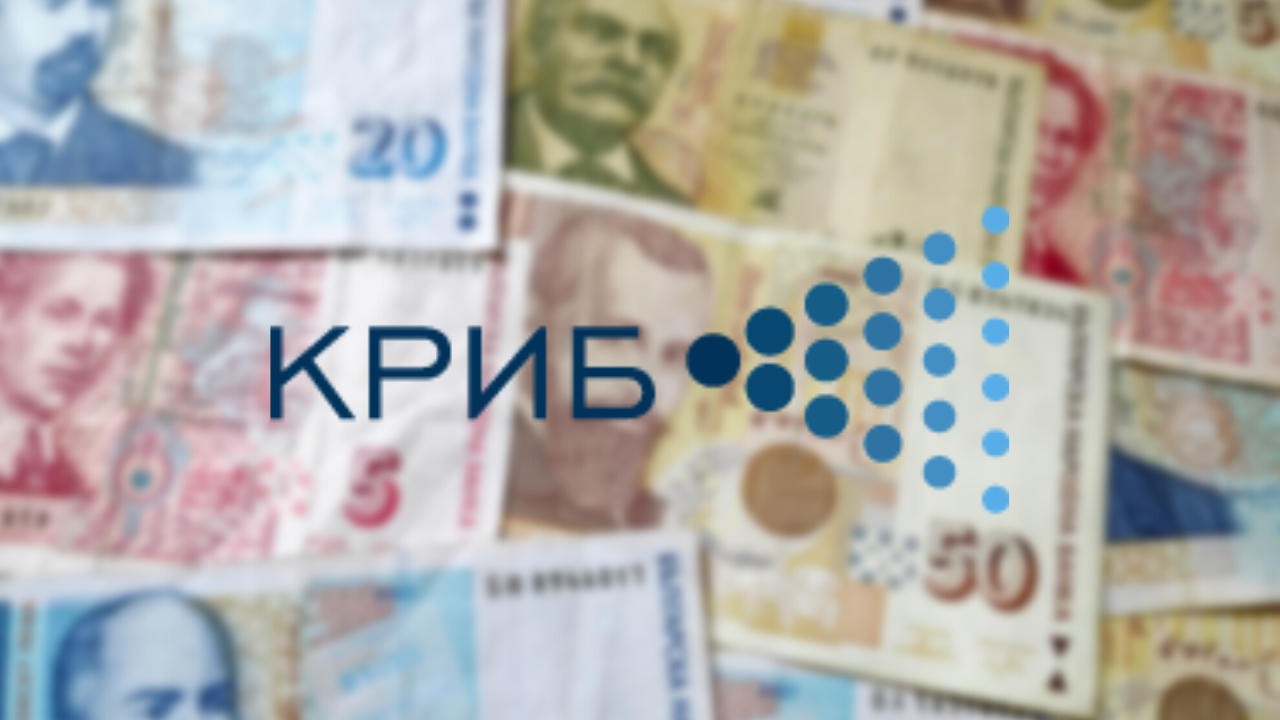Government policy is pro-cyclical, with government spending remaining well above pre-pandemic levels and continuing to rise sharply. This is stated in an analysis of the Confederation of Employers and Industrialists (CEIBG) - "Macroeconomic Monitor - early 2022", which was presented yesterday to ambassadors and diplomats in Bulgaria from EU member states and submitted to BTA.
According to CEIBG, there are a number of signs that economic activity has been moving at an unsustainably high pace for several quarters, which has intensified inflationary pressures.
Among these signs is the fact that inflation for both producers and consumers continues to accelerate in early 2022, reaching its highest level since 1998.
AOBR: MPs of PP, BSP, DB and ITN deprived 633 thousand non-domestic consumers of electricity from compensation
Gross domestic product (GDP) continues to grow at a good rate of 4 percent in the first quarter of 2022, but has declined compared to growth of 5 percent in the fourth quarter of 2021.
Growth in final consumption expenditure declined by 2 percentage points in the first quarter of 2022. The negative contribution of net exports to GDP rose to its highest level since 2008.
Household and government consumption growth has been higher since the beginning of the Covid-19 pandemic than in the period immediately before (2018-2019).
Meanwhile, unemployment recorded new record declines from the third quarter of 2021 to the present.
GDP data for the first quarter of 2022 and especially the latest trade data show signs of a slowdown in private consumption, which according to the CEIBG is due to the pressure of high inflation.
According to the CEIBG, the outlook for the next 6-12 months is rather negative, as inflation is likely to remain very high, while tighter monetary policy worldwide is pushing interest rates up.
GDP growth is likely to continue to slow for the rest of 2022, with a possible recession in 2023.
